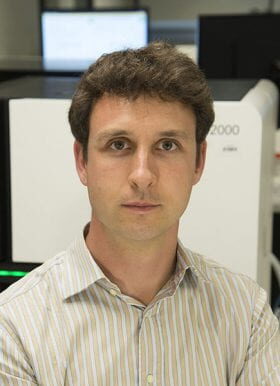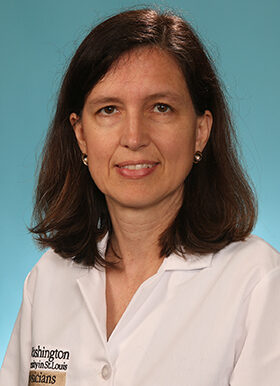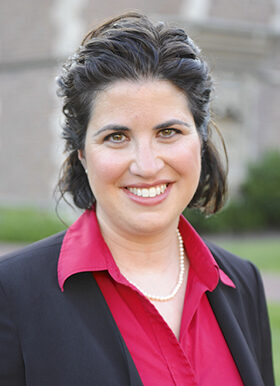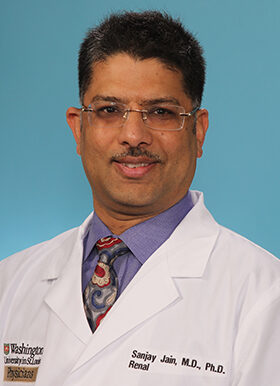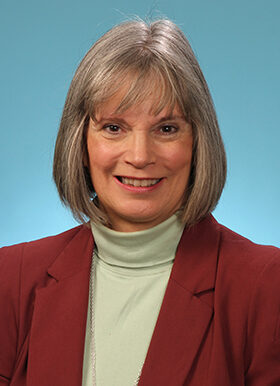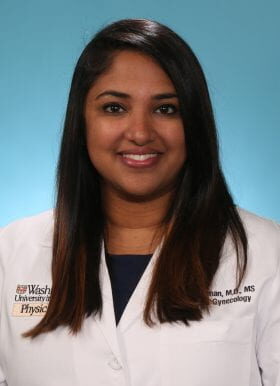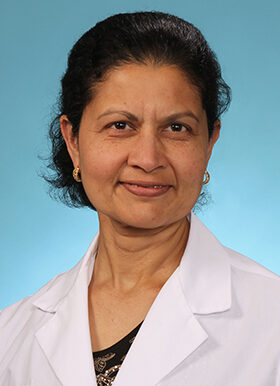Thinking about a new grant application?
Developing a milestone-driven research project?
Need access to expertise and resources to be competitive?
The ICTS Research Forum (RF) Program helps ICTS investigators improve and accelerate their research projects through concept development and/or in-depth grant review. Each RF roundtable session provides guidance by multidisciplinary subject-level experts to develop high caliber, scientifically rigorous clinical and translational projects and to improve extramural grant funding success by leveraging our CTSA infrastructure. The RF adopts interactive team-science/team-mentoring best practice to brainstorm new approaches, connect researchers with resources/collaborators and address scientific or clinical pitfalls or gaps.
Multidisciplinary teams include senior faculty, technical experts, and ICTS core personnel, as well as subject level ad hoc panelists, who works with investigators at any stage of a research project. RF teams are assembled and selected for the goals and gaps of your project.
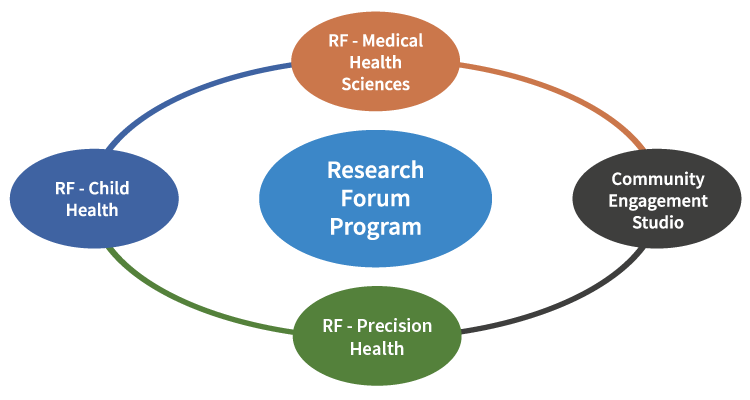
The Research Forum Program supports research across the translational spectrum from basic science to clinical trials and implementation into practice and policy in the areas of child health, medical health sciences, precision health and community engagement. All RF Teams hold monthly meetings for investigators developing projects and can provide rapid grant review and turn-around for time-sensitive or opportunity-driven submissions.
The RF can help:
- Develop or review hypothesis and aims
- Review and provide grant feedback prior to submission
- Tailor methods, sample size and statistical analysis
- Support and review study design
- Guide data analysis/management plans
- Formulate project milestones
- Provide links to core services
- Support recruitment and retention strategies
- Address stakeholder engagement
- Develop plans for dissemination and implementation
The Research Forum Program is available to all ICTS members regardless of career stage or partner affiliation. Register Now if you are not an ICTS member.
Complete the RF Pre-application materials. The RF administration will respond within three working days to assign a Navigator who will arrange a planning meeting. This meeting will cover details on the research plan and aims, resources needed, potential gaps and scheduling the RF session. If requesting a Community Engagement Studio, complete the Studio Request Form. Pre-applications are considered on a rolling call.
The Navigator will provide an RF Project Number, and necessary templates. Use the Project Number to complete the full RF application. The PI can upload either a 3-page project description (template provided) for an RF devoted to project development or a complete extramural grant draft for an RF-Mock Study Section to complete the full RF application.
Submit Request for RF Consultation (Pre-Application takes ~5 min) or Community Engagement Studio

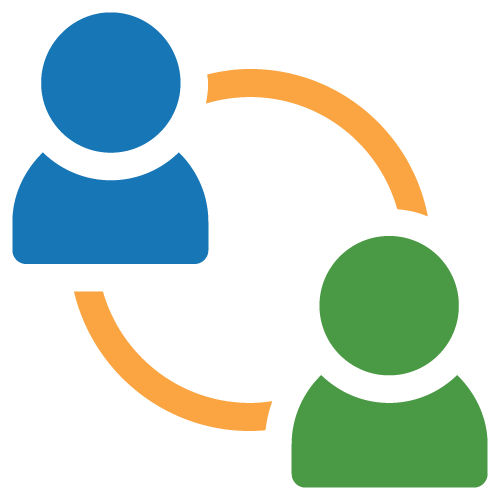
RF Navigator
RF Navigator meets with PI to discuss
- Research plan and aims
- Timeline and milestones
- RF Full Application
- Scheduling of RF session
PI works with Navigator to prepare Project Description and brief (15-20 min) Presentation

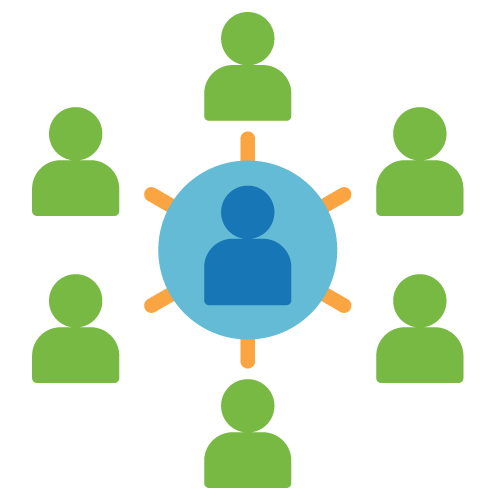
RF Team (RFT)
RF or Studio presentation to multidisciplinary RFT
- Project plan and challenges/questions presented by PI
- Feedback and additional questions/insights raised by the RFT
- Scientific and resource recommendations provided to the PI during round table discussion and via follow-up report

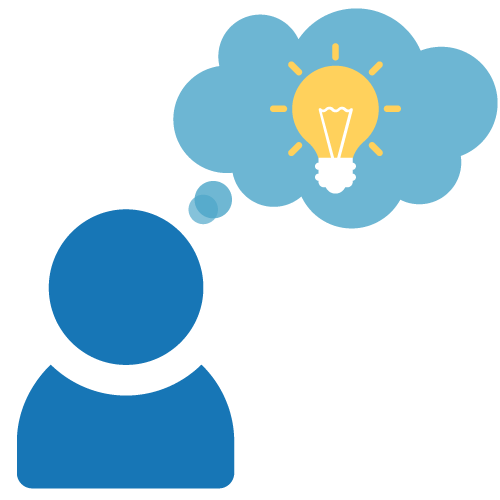
Principal Investigator
PI uses RFT feedback and report to update plan, engage resources, modify grant, and/or seek Scientific Editing Service support
RF teams provide interactive assistance and support to expedite the development of all areas of clinical and translational research in child health, medical health sciences, precision health and in community-based research. The Research Forum aims to advance basic biomedical research (T0) into human studies (T1) all the way to integration of evidence-based practices into public health (T4). RF processes support advances leading to the application of scientific discoveries to diagnose diseases and then to facilitate treatment of patients, families, and communities.
Multidisciplinary teams include senior faculty, technical experts, and ICTS core personnel, as well as subject level ad hoc panelists, who work with investigators at any stage of a research project. RF teams are assembled and selected for the goals and gaps of your project. Your RF team will include ~5 members from the list below as well as specifically appointed ad hoc reviewers (3-5, depending on the project).
The Research Forum Program attempts to identify and develop various tools, templates and resources to help investigators maximize the benefit of a Research Forum session. The material in this segment provides convenient access to a few of these resources and templates. Those investigators preparing an RF combining a Mock Study Section review can consult resources and tools listed under the NIH Mock Study Section.
Guide to RF Presentation
- Stick with the provided templates (presentation; project description)
Defer to experience and trust the process! - State the significance, novelty, gap this project addresses up-front.
Save time – the team will ask for this information first, if it is not supplied! - Clearly state your hypothesis and define your short and long-range goals.
Objectives should be framed scientifically and clinically (as relevant). - Discuss preliminary data and experimental design succinctly.
Additional data necessary for competitive applications will be discussed. - Know your audience.
Avoid jargon and abbreviations specific to your field; provide subject level background for a general scientific panel rather than an expert group. - Consider carefully the questions you set out for the team.
The team will hone in on your questions as priority!
The RF helped me to critically brainstorm a new idea.
I recognize the need to get community input early on as I’m designing a research study.
The advice of the RF on splitting the project was precisely in synch with the views of my Program Officer.
The RF saved me time and forced me to collect additional data for a more competitive grant.
My project involved implementation science where I lacked knowledge and expertise. With the RF, my resubmitted R21 was reviewed, scored and funded.
The guidance to the new Scientific Editing Service and the presence of the editors at my RF will enhance the competitiveness of my grant submission.
Thank you so much for this report and the effort of the RF team! It is extremely helpful and I identified new collaborators.
The report is fantastic feedback and the contacts provided were great!
The RF was a panel of senior researchers from multiple fields through the medical school. They questions posed both about the science, as well as the strategy, were very helpful in formatting a 6-12 month plan.
For general information and queries, contact icts-rf@wustl.edu.
Jenny McKenzie, PhD, Co-Director and Navigator
Jenny McKenzie, PhD, Precision Health Navigator
Hilary Broughton, MSW, Community Engagement Studio Navigator
Jennifer Harlow, Research Center Program Manager
